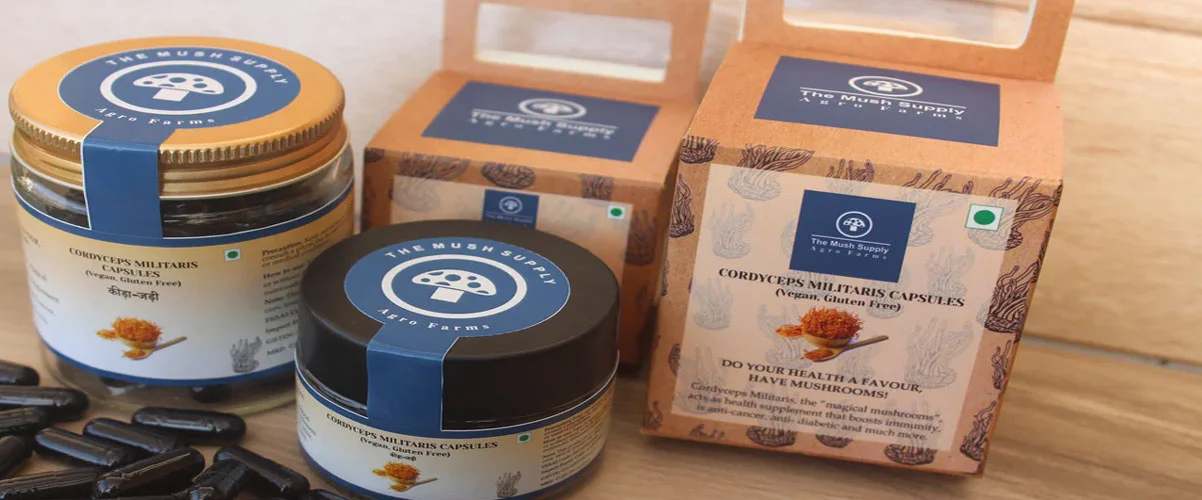Did you know that nearly half of adults deal with a preventable chronic disease? It’s tough to stay healthy when life moves so fast. Taking care of our bodies and minds should be a priority. Good health isn’t just about being free from sickness. It’s about feeling your best in every way. This article gives you practical tips for a healthier, happier life. We will focus on diet, exercise, rest, and mental well-being.
Nourish Your Body: The Foundation of Good Health
What you eat impacts how you feel. Food gives you energy, helps you grow, and keeps you strong. A balanced diet is super important for your health. When you eat well, your body can work its best.
Fueling Up: Understanding Macronutrients
Macronutrients are the big building blocks of your diet. Carbs, proteins, and fats all have different roles. Carbs give you energy for your day. Choose complex carbs, like whole grains and veggies. Avoid simple sugars found in candy and soda. Proteins help build and repair your muscles. Get protein from lean sources like chicken, fish, and beans. Fats are important for your brain and hormones. Pick healthy fats like those in avocados, nuts, and olive oil. Stay away from too much saturated fat in processed foods.
Micronutrient Magic: Vitamins and Minerals
Vitamins and minerals, though tiny, are vital. They help your body do all sorts of jobs. Vitamin D keeps your bones strong. Get it from sunlight or fortified foods. Vitamin C boosts your immune system. Find it in citrus fruits and berries. Iron keeps your blood healthy. It’s in leafy greens and meat. Calcium makes your bones and teeth strong. Dairy products and leafy greens have it. Some folks might need supplements. Talk to a doctor before taking anything new.
Hydration Habits: The Power of Water
Water does so much for you! It helps your body work right. It moves nutrients, gets rid of waste, and keeps you cool. You should drink enough water every day. Aim for about eight glasses, but needs vary. Carry a water bottle to sip all day. Eat fruits and vegetables that contain water.
Move Your Body: Embrace the Benefits of Physical Activity
Exercise is great for your body and your mind. It makes you stronger, happier, and healthier. Find something you enjoy and get moving!
Finding Your Fit: Different Types of Exercise
There are different kinds of exercise to try. Aerobic exercise, like running or swimming, gets your heart pumping. Strength training, like lifting weights, builds muscles. Flexibility exercises, like stretching, keep you limber. Balance exercises, like yoga, improve stability. Find activities you like doing. Maybe it’s dancing, hiking, or playing sports.
Setting Realistic Goals: Consistency is Key
Start small when you set fitness goals. Aim to exercise a few times each week. Slowly make your workouts longer or harder. Listen to your body. Don’t push yourself too hard, especially when you’re first starting. Consistency is more important than intensity.
The Mental Edge: Exercise for Stress Relief
Exercise is also good for your mind. It can lower stress, anxiety, and feelings of sadness. When you move, your body releases chemicals that boost your mood. Physical activity can help you think more clearly.
Prioritize Rest: Recharge for Optimal Performance
Sleep is when your body and mind recharge. Getting enough rest is key for good health. When you skimp on sleep, you can feel tired, grumpy, and have trouble focusing.
The Science of Sleep: Understanding Sleep Cycles
While you sleep, you go through cycles. These cycles help with physical and mental repair. Not enough sleep can hurt your health. It can weaken your immune system. It can also make you more likely to gain weight.
Creating a Sleep Sanctuary: Optimizing Your Sleep Environment
Make your bedroom a relaxing space. Keep it dark, quiet, and cool. A regular sleep schedule is also important. Try to go to bed and wake up at the same time.
Relaxation Techniques: Unwinding Before Bed
Relax before bed. Try meditation or deep breathing. Reading a book can help you unwind. Avoid screens before sleep. The blue light can keep you awake.
Nurture Your Mind: Cultivate Mental and Emotional Well-being
Your mental and emotional health matters. Taking care of your mind is just as important as taking care of your body.
Stress Management: Coping Strategies for a Calmer Life
Stress happens. It’s important to find ways to manage it. Try mindfulness or meditation. Spend time in nature. Chronic stress can hurt both your mind and body.
Social Connection: The Power of Relationships
People need people. Good relationships give emotional support. They can also boost your well-being. Connect with friends and family. Join groups or activities.
Cultivating Gratitude: Shifting Your Perspective
Think about what you’re thankful for. Gratitude can improve your mood. It can also lower stress and boost happiness. Keep a gratitude journal. Write down things you appreciate.
Conclusion
Good health involves many things. Eating well, being active, resting, and caring for your mind are all important. These tips will help you feel your best. Prioritize your health and well-being. Start small and make changes one step at a time. Your body will appreciate it!




